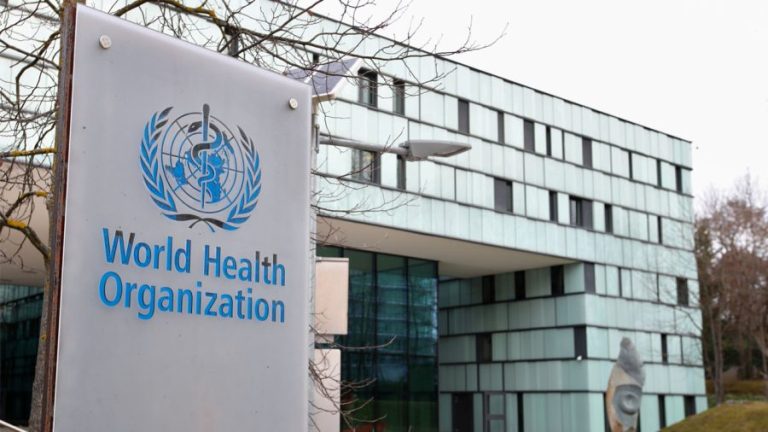The International Agency for Research on Cancer (IARC), the cancer agency of the World Health Organization (WHO), has released an alarming estimate, predicting a 77% increase in global cancer cases by 2050.
The report highlights the current cancer burden, inequities in cancer services, and the urgent need for worldwide efforts to address this escalating health crisis.
The report
- In 2022, an estimated 20 million new cancer cases and 9.7 million deaths occurred globally, with lung, breast, and colorectal cancers ranking as the three major types.
- The estimated number of people who were alive within 5 years following a cancer diagnosis was 53.5 million.
- About 1 in 5 people develop cancer in their lifetime, approximately 1 in 9 men and 1 in 12 women die from the disease.
- However, the WHO’s survey on Universal Health Coverage (UHC) and cancer reveals that only 39% of surveyed countries cover basic cancer management in their financed core health services, and just 28% additionally cover palliative care.
- Breast cancer inequities are starkly apparent, with women in low Human Development Index (HDI) countries facing higher mortality rates despite being less likely to be diagnosed.
- The report emphasizes the need to address late diagnosis and limited access to quality treatment in these regions.
Projected estimates
Moreover, the global cancer burden is projected to soar to over 35 million new cases in 2050, attributing the increase to population ageing, growth, and changes in risk factors.
High HDI countries are expected to witness the greatest absolute rise, with an additional 4.8 million cases, while low and medium HDI countries may experience a 142% and 99% increase, respectively.
Dr. Freddie Bray, Head of the Cancer Surveillance Branch at IARC, warns of the uneven impact across countries, stating that “Those who have the fewest resources to manage their cancer burdens will bear the brunt of the global cancer burden.”
Dr. Cary Adams, Head of UICC (Union for International Cancer Control), underscores the importance of political will in addressing these disparities and ensuring universal access to affordable, quality cancer services.
As the world grapples with the rising cancer burden, concerted efforts are crucial to improve prevention, early detection, and treatment, aiming for a more equitable global health landscape.

